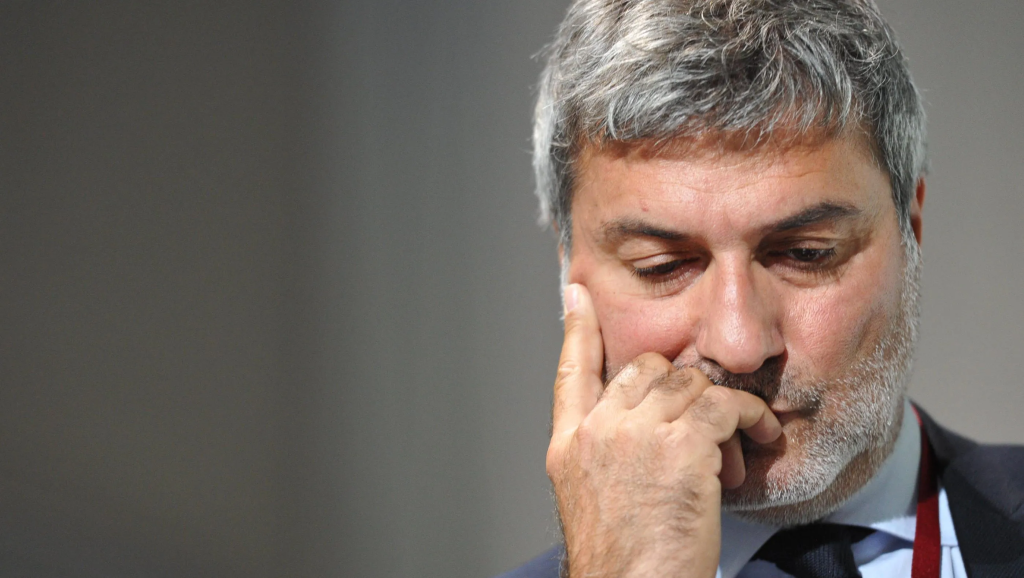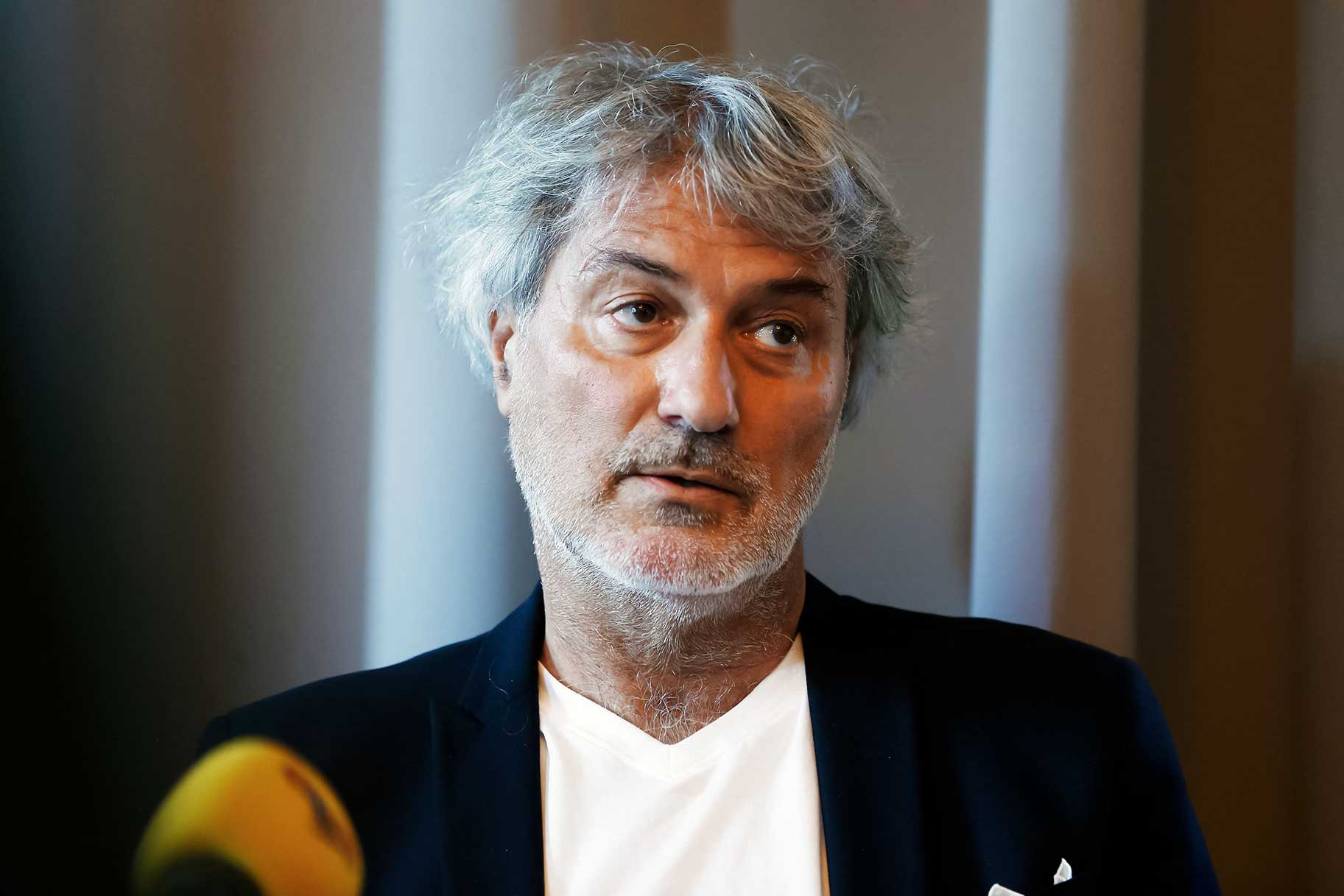The Fall of Paolo Macchiarini: A Cautionary Tale of Scientific Misconduct
Paolo Macchiarini, once hailed as a pioneer in regenerative medicine, stands today as a convicted felon, his reputation shattered by a series of ethical transgressions that have left a lasting stain on the scientific community. His story serves as a sobering reminder of the dangers of unchecked ambition and the importance of upholding the highest ethical standards in scientific research.

Macchiarini’s journey began with promise. A thoracic surgeon with a keen interest in regenerative medicine, he sought to develop a synthetic trachea implant that could replace damaged or diseased airways, offering hope to patients with debilitating respiratory conditions. His early work garnered international attention, and he quickly rose to prominence within the medical field.
However, behind the façade of scientific success, Macchiarini harbored a darker side. Driven by a relentless pursuit of recognition and financial gain, he began to manipulate data, exaggerate his results, and even forge ethical approvals in order to advance his research agenda. His actions were fueled by a distorted sense of self-importance, an insatiable desire for accolades, and a disregard for the potential consequences of his actions.
The cracks in Macchiarini’s carefully constructed façade began to appear in 2011 when concerns about his research ethics emerged. Investigations revealed a pattern of misconduct, including falsification of data, fabrication of results, and unethical patient recruitment. His work was ultimately deemed unreliable and scientifically unsound.

The consequences of Macchiarini’s deception were devastating. His synthetic trachea implants, initially touted as a medical breakthrough, failed to live up to their promises, causing severe complications and even death in several patients. The trust that patients and colleagues had placed in him was shattered, leaving a trail of disappointment, anger, and even grief.
In 2010, Macchiarini was dismissed from the Karolinska Institutet, the prestigious Swedish medical university where he had conducted much of his research. In 2016, a Swedish court found him guilty of research misconduct, and he was fined a substantial amount. Two years later, an Italian court convicted him of aggravated assault for his role in the deaths of three patients, sentencing him to four years in prison.

Macchiarini’s story is a stark reminder of the importance of ethical integrity in scientific research. The pursuit of knowledge and innovation must never come at the expense of human dignity and well-being. Scientists must adhere to the highest ethical standards, ensuring that their work is conducted with transparency, honesty, and accountability.
Macchiarini’s fall from grace serves as a cautionary tale, a stark reminder of the consequences that can befall those who prioritize personal gain over scientific integrity. His actions have tarnished the reputation of the scientific community and have eroded public trust in research. His story should serve as a clarion call to uphold the highest ethical standards in all aspects of scientific endeavor.
Shayne Heffernan









